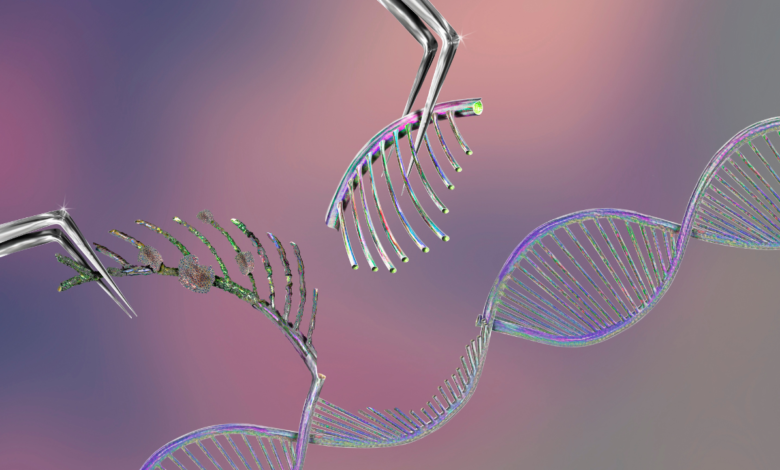Single Nucleotide Polymorphism (SNP) Analysis

What is Single Nucleotide Polymorphism (SNP) Analysis?
SNP (Single Nucleotide Polymorphism) analysis is a genetic testing technique used to identify variations in DNA sequences that occur at a single nucleotide position. These variations, known as SNPs, can be common or rare and can affect a person’s susceptibility to diseases, drug responses, and other traits.
Why Single Nucleotide Polymorphism (SNP) Analysis is required?
SNP analysis is used for various purposes, including:
- Disease risk assessment: Identifying SNPs associated with specific diseases can help individuals assess their risk and take preventive measures.
- Personalized medicine: Understanding a person’s genetic makeup can help tailor medical treatments to their specific needs, improving treatment outcomes.
- Pharmacogenomics: Analyzing SNPs can help predict how a person will respond to certain medications, reducing the risk of adverse reactions.
- Population genetics: Studying SNPs can provide insights into the genetic history of populations and migration patterns.
Which are the method of Single Nucleotide Polymorphism (SNP) Analysis?
Several methods are used for SNP analysis, including:
- Microarrays: These are small chips containing millions of tiny probes that can detect specific SNPs.
- Sequencing: Next-generation sequencing technologies can be used to sequence entire genomes, including SNPs.
- Real-time PCR: This technique can be used to quantify the number of copies of a specific SNP allele.
Who should go for Single Nucleotide Polymorphism (SNP) Analysis?
SNP analysis may be recommended for individuals who:
- Have a family history of certain diseases
- Are interested in learning about their genetic predisposition to diseases
- Want to optimize their medication response
- Are participating in research studies
What are the results of Single Nucleotide Polymorphism (SNP) Analysis?
SNP analysis can provide information about:
- Disease risk: The likelihood of developing certain diseases
- Drug response: How a person may respond to specific medications
- Ancestry: Information about a person’s genetic heritage
- Carrier status: Whether a person carries a gene for a recessive genetic disorder
What are the components of Single Nucleotide Polymorphism (SNP) Analysis?
SNP analysis involves:
- Sample collection: A biological sample, such as blood or saliva, is collected from the individual.
- DNA extraction: DNA is extracted from the sample.
- SNP genotyping: The specific SNPs of interest are identified and analyzed.
- Data interpretation: The results are interpreted and presented to the individual or healthcare provider.





